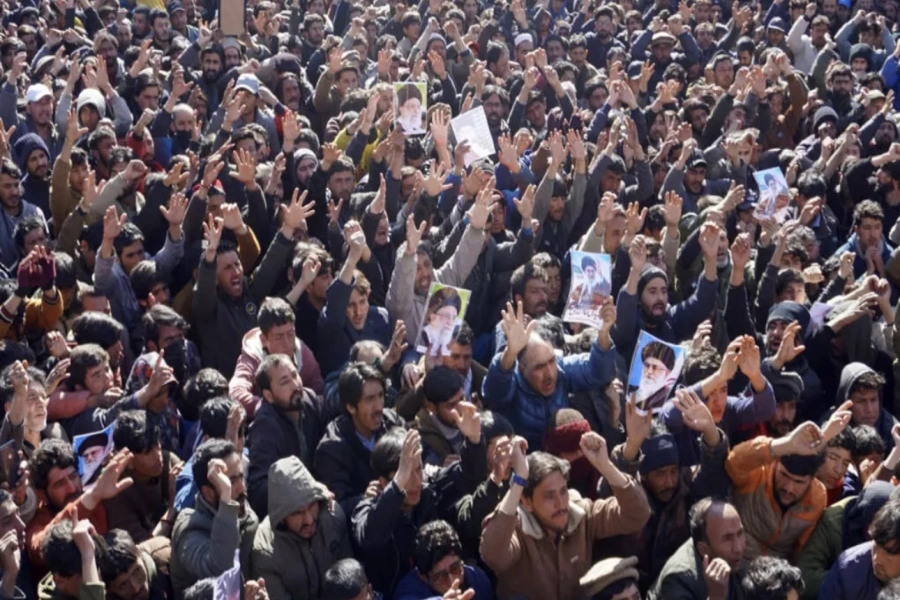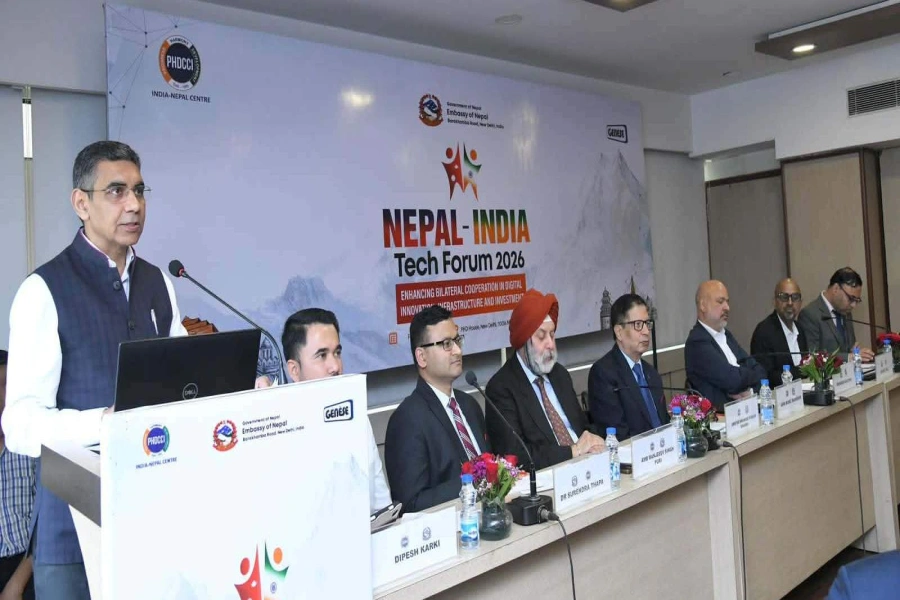PM Oli is relieved of his position, govt converted into caretaker
KATHMANDU, May 10: Prime Minister KP Oli has failed to secure the confidence of parliament during a vote held at the House of Representatives (HoR) on Monday afternoon.
PM Oli, who opted to seek House’s trust on his government as per the Article 100 (1) of the Constitution of Nepal, managed to garner only 93 votes, which fell short of 43 votes to reach the 136-mark and win the confidence.
Although lawmakers close to Prime Minister Oli’s camp voted for him, at least 28 lawmakers of the party close to the senior leaders duo Madhav Kumar Nepal and Jhala Nath Khanal abstained from voting. Speaker Angi Prasad Sapkota announced that 28 lawmakers were absent during Monday’s trust vote.
End of Budget Session: Will the ‘mini parliaments’ be active?

Bishal Bhattarai, chief whip of the ruling UML in the lower house of the federal parliament, earlier on Monday warned that the party would take a stern against those defying the whip that was issued on Sunday.
Main opposition Nepali Congress (NC) and Oli’s former coalition partner, CPN (Maoist Center) voted against the Oli-led government. NC has a total 61 lawmakers while the Maoist party has 49 votes including Speaker Agni Prasad Sapkota.
The Janata Samajbadi Party (JSP), however, got divided during the voting process. The lawmakers close to senior leaders duo Baburam Bhattarai and Upendra Yadav voted against Oli, while those close to Chairman Mahantha Thakur stayed neutral during the trust vote. As many as 15 lawmakers stayed neutral during today’s vote.
What next?
Article 100 (3) states that the Prime Minister shall be relieved of his/her office, if the motion tabled under the Articles 100 (1) and (2) is not endorsed through a majority of total number of the existing number of the House of Representatives.
Constitutional expert Dr Bipin Adhikari said that the status of Prime Minister KP Oli now has turned into a caretaker prime minister as he lost the confidence of parliament. “He’d better resign from his position in such a case. Else, he can remain in the office until a new government is formed,” Adhikari added.
As per the constitutional provisions, the Speaker is required to inform the President about the results of the confidence motion. The President, as per Article 76 (2) of the constitution, shall call the political parties in the House to come forth with new government proposals. “As per Article 76 92), In cases where no party has a clear majority in the House of Representatives as per Article 76 (1), the President shall appoint a member as the Prime Minister the House of Representatives who can command a majority with the support of two or more parties representing to the House of Representatives.
With this, a new coalition government is likely to be formed. A new coalition between the Nepali Congress, CPN (Maoist Center) and JSP or another alliance between the UML and NC are likely. Similarly, UML and Maoist Center can also form an alliance for the formation of a new government. This scenario, however, looks unlikely at least for now as they had just broken their alliance.







































